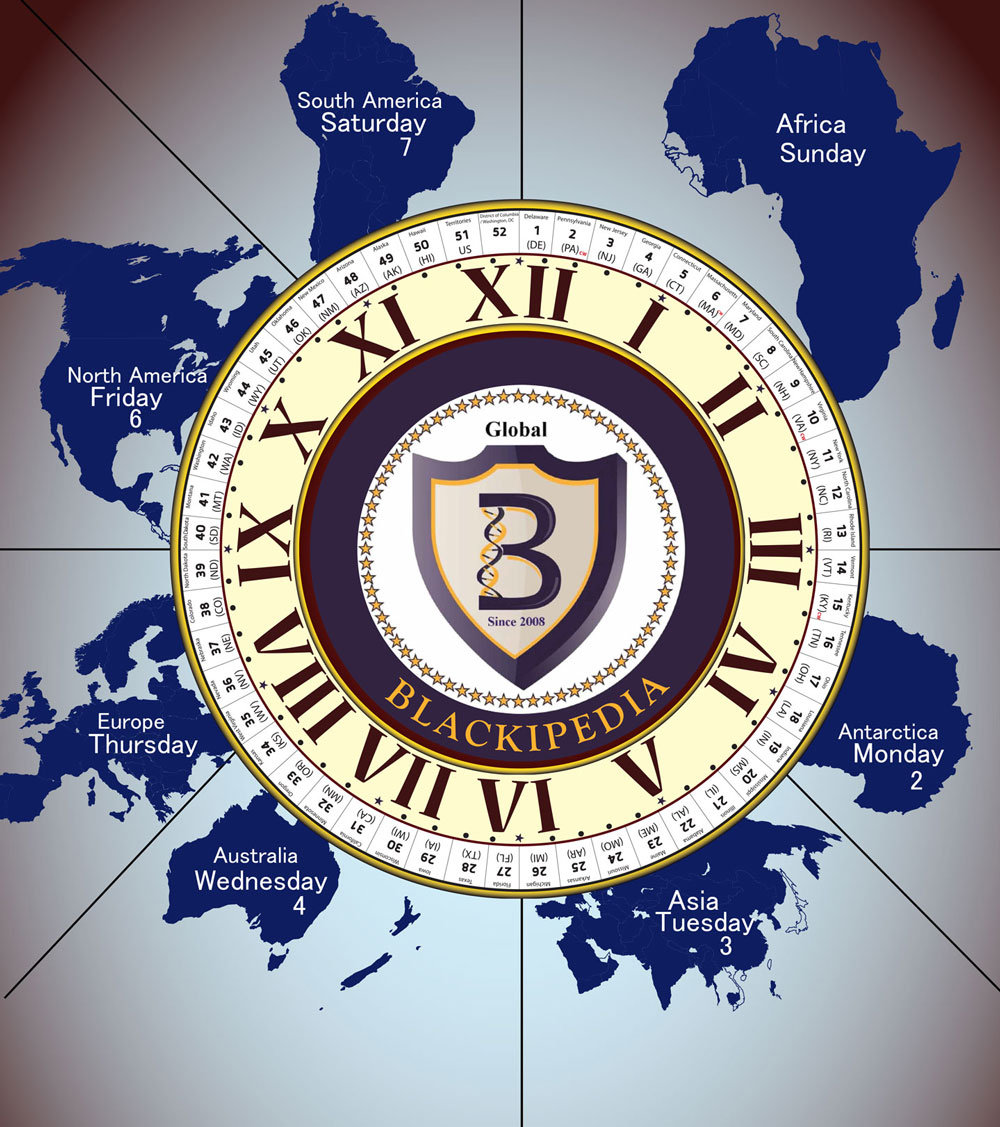William Penn was awarded the colony named Pennsylvania in 1681, and Philadelphia was the area’s main port for the import of enslaved Africans. Penn himself owned 12 slaves and is known to say that he preferred enslaved Africans over white indentured servants, “for then a man has them while they live.” By 1693, Africans were so numerous in the colony’s capital that the Philadelphia Council complained of the tumultuous gatherings of the Negroes in the town of Philadelphia.
It was not until 1696 that many Pennsylvania Quakers began to object to slavery verbally, and many Quaker leaders held on to their slaves until the Revolutionary War. Artisans who had invested time and money training their slaves opposed emancipation because of the substantial loss of property they would suffer. Quaker-owned slaves worked primarily on farms but also took on a diversity of chores in the retail trades.
Throughout the Pennsylvania Colony, the children of free blacks, without exception, were bound out by the local justices of the peace until age 24 (if male) or 21 (if female). All in all, the free blacks of colonial Pennsylvania led severely circumscribed lives. They had little or no control over their own family arrangements and could be put back into servitude for laziness or petty crimes at the local authorities’ mercy. Historians estimate that 2,000 or so people, most of them African Americans, were indentured in the city by 1800.
By 1700, one in ten Philadelphians owned slaves. Most were used in the manufacturing sector, primarily ironworks and shipbuilding. Quakers were the first group that turned against slavery, and in 1776 at the Philadelphia yearly meeting, the members were banned from owning slaves or faced disownment from the Society of Friends. During the American Revolution, Quakers and their allies began discussing abolition, and in 1780 Pennsylvania passed the Gradual Abolition Act of 1780, which was the first legislative emancipation in history. This act did not immediately free any slaves. It provided freedom to any children born after its enactment. Children born to slave mothers had to serve as indentured servants to their mother’s master until they were 28 years old.
Abolitionists began forming groups all over Pennsylvania with a significant presence in Philadelphia as well as several abolitionist newspapers. When Pennsylvania entered the State of the Union in 1787, abolition movements were gaining traction. Philadelphia became the nation’s first capital, and slavery is a large part of Philadelphia’s history. Pennsylvania played a significant role in the Underground Railroad, with many abolitionists using their houses to hide enslaved Africans while assisting them in their escape to freedom. Between 1790 and 1800, the number of slaves dropped from 3737 to 1706, and by 1810 to 795. In 1840, there still were 64 slaves in the state, but by 1850 there were none.
References

